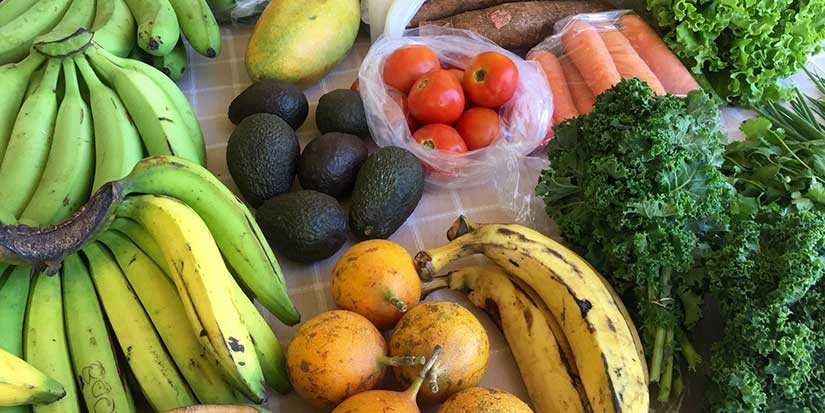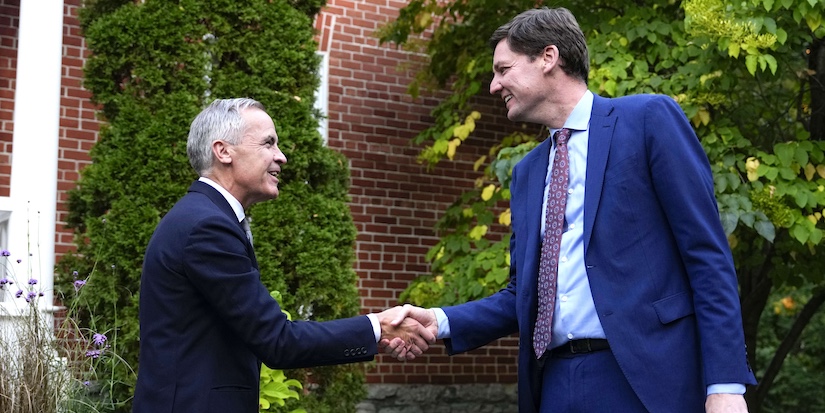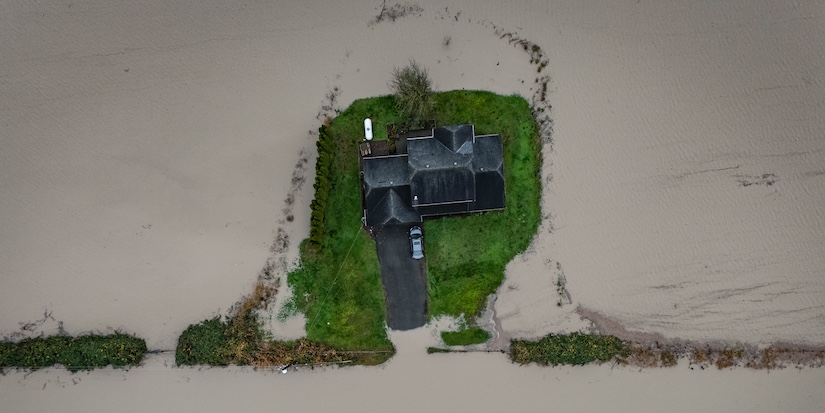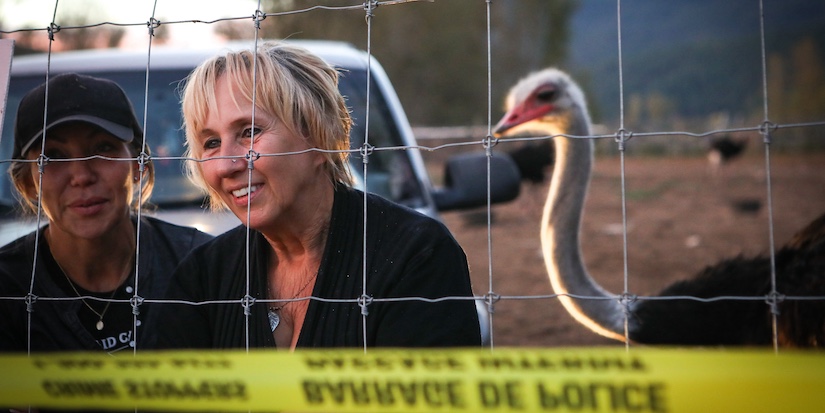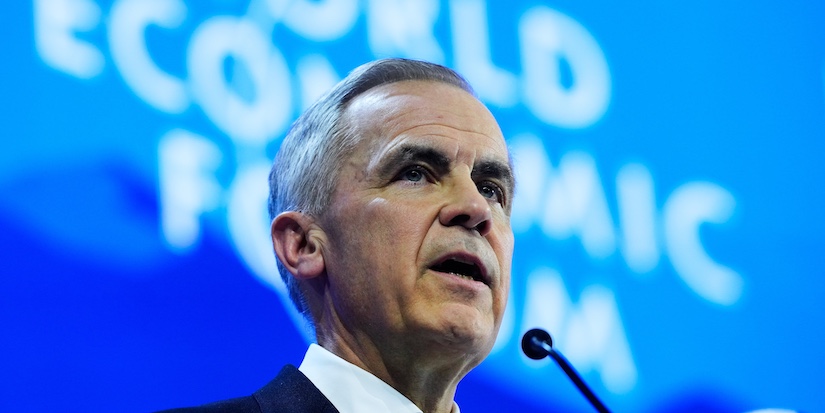Business
Richmond works to reduce commercial food waste

By Hannah Scott, Local Journalism Initiative reporter
Published 11:33 PST, Wed February 5, 2020
Last Updated: 2:13 PDT, Wed May 12, 2021
—
We all make use of the commercial food industry in some way. But do we ever stop to think about the food waste it can create?
Vancouver-based startup FoodMesh has launched a year-long pilot program with the City of Richmond to help reduce food waste: the Richmond Food Recovery Network.
In a free webinar on Jan. 28, FoodMesh CEO and co-founder Jessica Regan shared tips on how to contribute to this cause.
“We help connect surplus food with those who need it,” Regan explained. “We need to have an integrated supply chain solution.”
According to Regan, 58 per cent of food produced in Canada is lost or wasted; 86 per cent of this wastage occurring along the supply chain—before the food gets to people’s homes. Further, one in eight families in Canada lack sufficient nutritious food. Regan and FoodMesh work to change this through three initiatives spearheaded by the company.
The first initiative rolled out by FoodMesh is their marketplace, which launched in September 2017. Suppliers list surplus food and consumers can browse foodmesh.ca for discounted items available for purchase.
Today, says Regan, over 500 organizations use the platform to find homes for their unsold food. The suppliers can track the amount of food they recover.
FoodMesh’s second initiative is a retail fresh food program with Save-On-Foods which launched a year ago. Nine grocery stores are helping to divert and dispose food that would otherwise be wasted.
“We built a program that helps connect each participating store with the local network of recipient charities. It’s donation only,” said Regan.
Over 200 hobby farmers take surplus produce from stores and use it to feed their animals.
FoodMesh is also partnering with cities to help them reach their objectives. In conjunction with the City of Richmond, the goal is to attract 30 businesses and charities to join the network. They also want to donate 300,000 meals worth of food from waste streams.
FoodMesh is hosting several community events to raise awareness of this issue and get people involved. More information about these will be available in the coming weeks to allow citizens to contribute.
If you’re not a business owner, but simply a concerned citizen, Regan suggests asking your local retailers what they do with their leftover food at the end of the day.
“Public questions can change business practices,” she said. “(The) status quo is not okay where we just throw our food out. Food should not end up at the compost or landfill (facilities) when we have solutions and hungry people.”
To learn more, visit www.foodmesh.ca/richmond. If you have questions, email richmond@foodmesh.ca.
